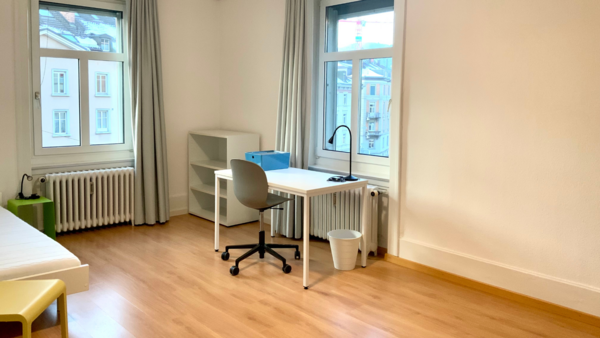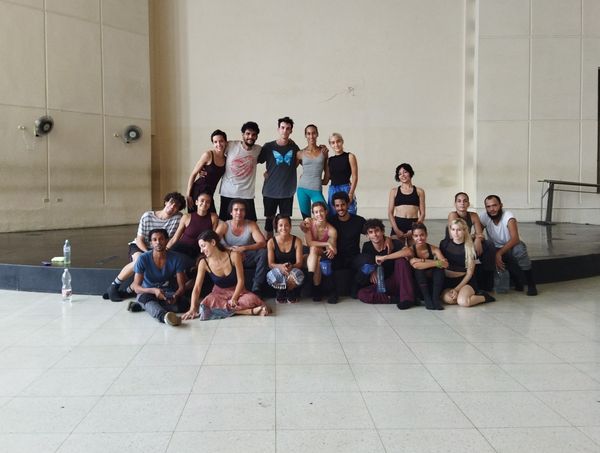![[Translate to english:] [Translate to english:]](/fileadmin/_processed_/0/2/csm_COIL_Foto_Praxis_und_Wissen_f9afa8ef05.jpg)
Mobility for Higher Education: Swiss-European Mobility Programme (SEMP)
The Swiss Programme for Erasmus+ for higher education is called Swiss-European Mobility Programme SEMP. It gives Swiss higher education institutions the possibility to provide funding for students as well as for faculty and administrative staff going on a mobility abroad for studies, traineeship, training or teaching.
Who can participate?
- Students can complete a study visit at a partner higher education institution (HEI) abroad of up to 12 months per study cycle (Bachelor’s, Master’s, Doctorate). These visits are recognised for the studies at their own HEI.
- Students and graduates can complete a traineeship in a business enterprise or other suitable workplace abroad of up to 12 months per study cycle (Bachelor’s, Master’s, Doctorate).
- Lecturers have the opportunity to teach in another country for up to two months. This is possible in any faculty.
- HEI staff can be supported in their professional development through training and job shadowing at a partner HEI or at any other relevant institution abroad.
I am one of these people and I am interested: what do I do?
- Contact the International Relations Office of your higher education institution (university, higher education institution or college of higher education). There you can obtain all the practical information necessary concerning the SEMP such as the eligibility criteria, the registration deadlines, the documents to be completed and details of the financial funding.
- For students and lecturers: the International Relations Office will also inform you of the institutions abroad with which a partnership exists, i.e. which places you can travel to.
- People with disabilities or documented health problems (physical or mental) can apply for additional funding with their institution's International relations office in order to cover extra costs arising during the mobility in relation with their disability or illness.
How are the mobilities organised?
HEI usually have an International Relations Office. This is responsible for organising and carrying out student and staff mobility. Students, lecturers and employees who would like to find out about the possibilities of spending a period abroad should contact the International Relations Office of their HEI. There, they can obtain all further information (requirements, application, deadlines, etc.).
Who can submit an application to Movetia?
SEMP mobility projects are not submitted directly by students or HEI staff but by the Swiss higher education institutions to the National Agency Movetia. This also applies to incoming mobility.
Incoming mobility – what, how, where?
Students and HEI staff coming to Switzerland from abroad are also supported via the SEMP. Traineeships must be organised through a Swiss HEI, usually a partner institution of the home HEI. Students and HEI staff can obtain information from the International Relations Office of their home HEI or a Swiss partner institution.
Michael Hengartner, President of the ETH Board, former Rector of UZH, explains in the video what constitutes SEMP mobility.
Application deadlines
Mobility projects
Movetia submission deadline: Spring 2025
Further information
Documents
-
.pdf95 KB
-
.pdf169 KB
-
.pdf126 KB
-
.pdf506 KB
-
.pdf2 MB
Similar Programmes
Contact
E-Mail
+41 31 303 22 04


![[Translate to english:] [Translate to english:]](/fileadmin/_processed_/8/0/csm_Semp_Space_065ec993af.jpg)
